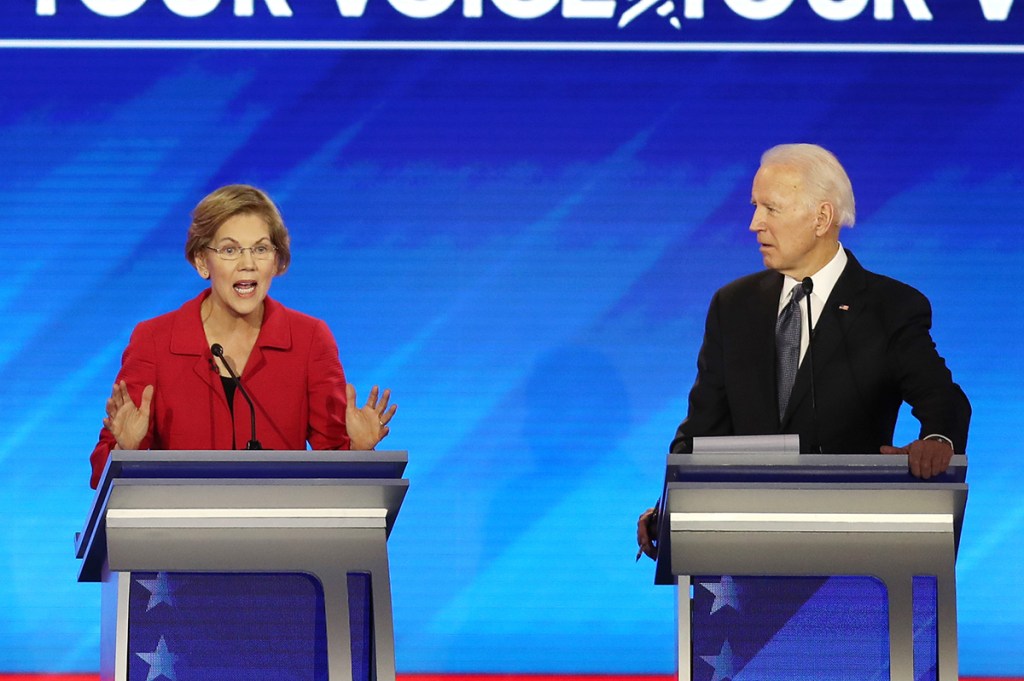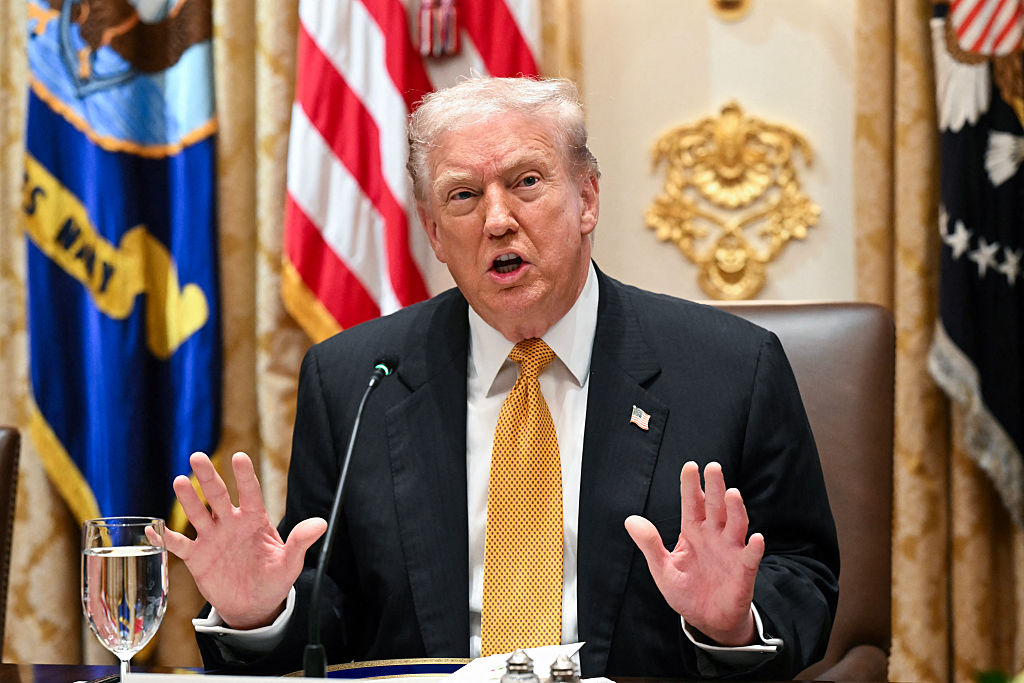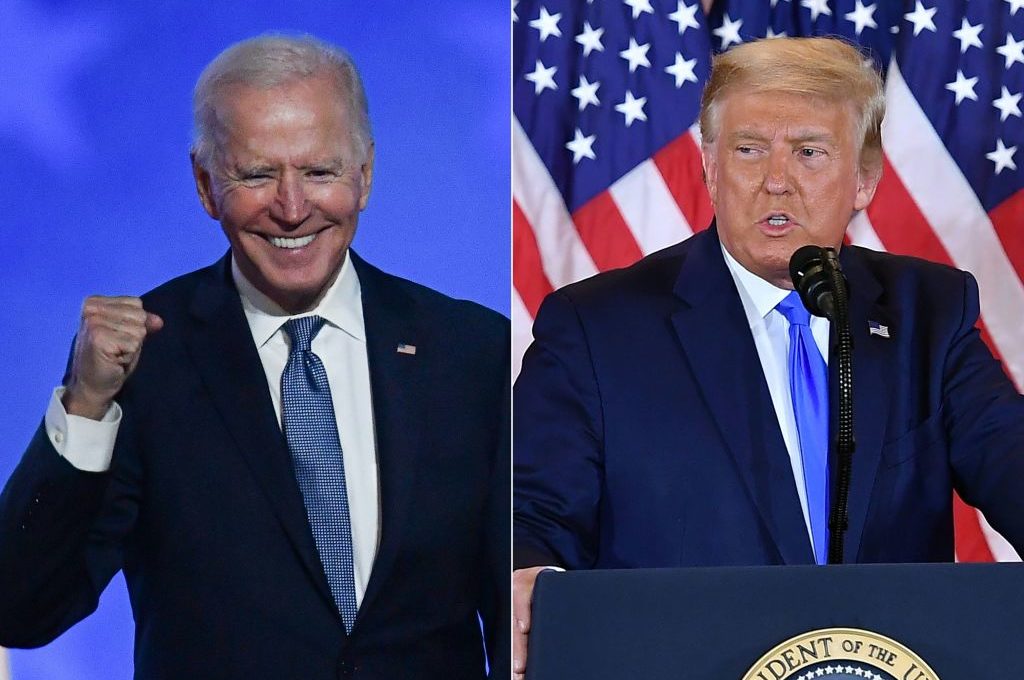This COVID-infected campaign season has brought more than its fair share of surprises. Virtual conventions, turnover at the top of the Trump campaign, sudden swings in previously steady polls. It’s a year like no other, Still, one pillar of presidential electioneering remains: Joe Biden needs to pick a running mate.
The vice presidency is a peculiar office: at once vestigial and essential. The office has few defined duties. We’ve all read the quote of John Nance ‘Cactus Jack’ Garner — FDR’s first VP — who described it as ‘not worth a bucket of warm piss’. Yet as Garner’s successor’s successor Harry Truman showed, who a candidate picks to play second fiddle can be one of a presidential aspirant’s most monumental decisions.
We are now, in many respects, at a historical high water mark for the office. Dick Cheney, Biden himself, and Mike Pence have all had active vice presidencies. Cheney was thoroughly integrated into the administrative functions of the Bush White House. Biden, long-tenured in Washington, served as an emissary for Barack Obama at home and abroad, drawing on deep wells of trust on Capitol Hill and in foreign capitals. Pence heads the Trump administration’s coronavirus response, unarguably this White House’s largest undertaking.
Despite this history, public debate on the running mate focuses almost exclusively on what a pick means for the coming election — ironic as the VP selection is almost always electorally inconsequential. Even Sarah Palin, the ‘boldest’ pick in recent memory, was not responsible for the shortcomings of the McCain campaign, even as she exacerbated its chaotic nature.
To date, Biden has only said that he intends to select a woman. Biden is, obviously, familiar with the office and doubtless has some vision of what he wants from a VP both during and after the campaign. He has to match these goals with the personalities up for consideration, and the unique political dynamics created by his considerable age and the base’s well-documented listlessness about his candidacy.
VP picks are always viewed as his designated successors. Yet in most instances, that succession is expected to come nearly a decade distant. Biden no doubt intends to run for a second term if he is elected in November, but whether or not he is politically and physically able is an open question. No president wants a VP angling for a primary challenge out of the West Wing.
Biden almost certainly wants a team player who can handle the harder-edged, more clearly partisan aspects of the job — in a word a hatchetman, or hatchetwoman. His VP will be expected to shoulder a considerable load, but not in a manner that upstages a Biden presidency and creates political problems. That will incline Biden towards somebody whose national powerbase is more or less entirely dependent on him.
At the same time, Biden will face considerable pressure to pick a ‘viable’ candidate who can make immediate contributions to the campaign, specifically one with proven stump skills and a demonstrated capacity to fundraise. Hence the talk about Sens. Kamala Harris and Elizabeth Warren. Neither looks like a team-player type, and neither has experience as a chief executive (though Harris was California attorney general), but both have gone through the vetting of a national presidential primary effort and can pull in serious dollars in their own right. These pressures may carry the day, but Biden could find these ‘safe’ picks disinclined to play a more lapidary role after Election Day.
A set of lower-profile names has circulated that may better fit Biden’s post-election aspirations. Atlanta mayor Keisha Lance Bottoms jumped on to the list during this summer’s unrest in her city. Young, the leader of a major city, and a strong communicator on television, Lance Bottoms would nonetheless be largely a creature of Biden and without a national organization already in place.
[special_offer]
California congresswoman Karen Bass likewise meets several of Biden’s needs. The chair of the powerful Congressional Black Caucus, Bass wields considerable influence among Democrats on the Hill, has deep political experience, and does not shy away from partisan fights. She is also solidly to Biden’s left across the board and would, the theory goes, engender enthusiasm among white progressives as well as black women — though her history of praising the late Cuban dictator Fidel Castro brings Florida baggage to the ticket.
Speaking of Florida, allies of Sunshine State Congresswoman Val Demings, a former Orlando police chief, have been waging an aggressive campaign on her behalf. Demings, unlike Bass, is not a member of the House Progressive Caucus and is, instead, more ideologically aligned with Biden. Progressives have pushed back on a Demings selection in the hopes of getting a left-wing VP, but Biden can count on left-wing voters to come home in pursuit of ousting Trump.
Ultimately, then, Biden’s choice may reflect his confidence in winning come November. If he goes with a high-profile pick like Harris or Warren, it suggests he’s more concerned with the here and now than the next four years. If he takes a lower-key ‘safe’ pick — as Hillary Clinton did when she tapped Virginia’s Sen. Tim Kaine in 2016 — we should see it as a sign that Biden is already looking forward to a term in the White House.

























